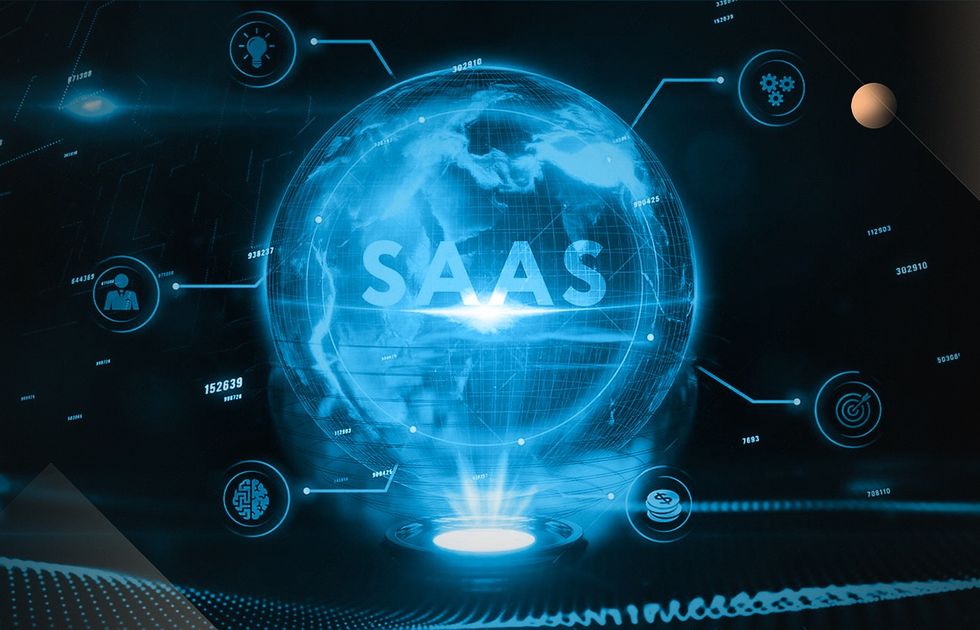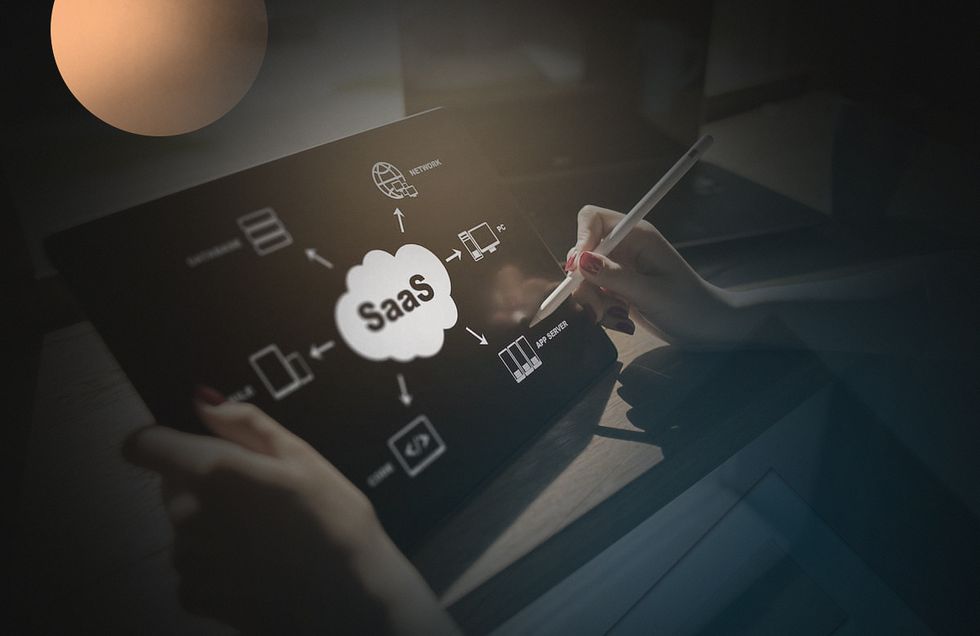In the relentless arena of today’s SaaS landscape, the competition is fierce and customer expectations are higher than ever. Startups are in a perpetual quest for innovative ways to stand out by providing exceptional products and services. To deliver beyond the market’s expectations, a company’s organizational structure and internal processes must be streamlined.
Amid this quest, the spotlight is increasingly turning towards Artificial Intelligence (AI) as a game-changer that has the potential to redefine the rules of engagement and efficiency for SaaS startups.
A report by Omdia shows that global AI software revenue is expected to reach $100 billion by 2025, predicting that AI will be adopted by every new software product and service within the next year. Additionally, a survey by Tech Jury proves that 35% of SaaS companies have already integrated AI while another 42% are exploring its implementation in the near future.
Evidently, more SaaS startups are acknowledging the advantages and opportunities presented by AI, particularly operational efficiency and profitability.
How much more efficient will your SaaS business be with AI?
Efficiency isn’t just a buzzword; it’s the lifeline that keeps SaaS startups ahead in the race. This transformative technology has become the secret weapon for those striving not just for survival but for market dominance. From automating mundane tasks to predicting user behavior, AI opens up avenues that were once deemed impossible, fostering a new level of operational excellence and profitability.
An article by >Tomasz Tunguz explores the potential revenue gains a SaaS company can achieve in 12-24 months of leveraging AI. It sites sales development, content marketing, and software engineering as the key areas of the business that can directly capitalize on AI. The table below better illustrates projected team productivity gains and their respective impact on the overall effectiveness of the company:
| Team | Team Productivity Gain | % of Company | Overall Gain |
| SDR/BDR | 15% | 10% | 1.5% |
| Content marketing | 30% | 5% | 1.5% |
| Engineering | 25% | 40% | 10% |
| Overall | – | – | 13% |
This illustration underscores some strategic insights that include:
- The impact of AI on engineering productivity. The contribution of AI to engineering productivity is more than 5x higher than other key areas considering the overall gain and the company’s team composition. Therefore, AI-driven cost-reduction efforts should commence with engineering.
- Specialized work streams generate the lowest impact on the company’s financial health. Boosts in productivity in workflows with the least employee population does not majorly influence the financial performance of the company. In this case, content marketing only represents 5% of the organization simply because marketing has many disciplines within its department. However, the productivity of content marketing may have a significant impact on the marketing team in terms of hitting KPIs.
SaaS startups should prioritize AI for executives and common workflows. Consider providing products and services for work streams shared by the largest employee populations or for upper management whose roles are crucial in seamlessly operating the business.
The lesson is clear: AI isn’t a uniform force; its impact varies, and strategic implementation is paramount. Specialized work streams, while essential, may not yield substantial returns on AI investments. The crucial lies in empowering executives and common workflows, the shared arteries of the organization.
SaaS startups should not merely embrace AI but facilitate its integration with strategic implementation. The promise isn’t just efficiency; it’s profitability and a great opportunity for business growth.
Unlock your SaaS Success with Expert Guidance
SaaS Architects is a coaching firm that helps struggling and aspiring SaaS startup entrepreneurs successfully navigate the world of application development, marketing, and sales. Through over 20 years in the software scene, we’ve built hundreds of apps for clients across various industries, learning from every experience.
Now, we are on a mission to make SaaS success simple and accessible for everyone. Our goal is to provide you with thorough guidance– from understanding the technical side of software development to leading you towards a sustainable and profitable business.


